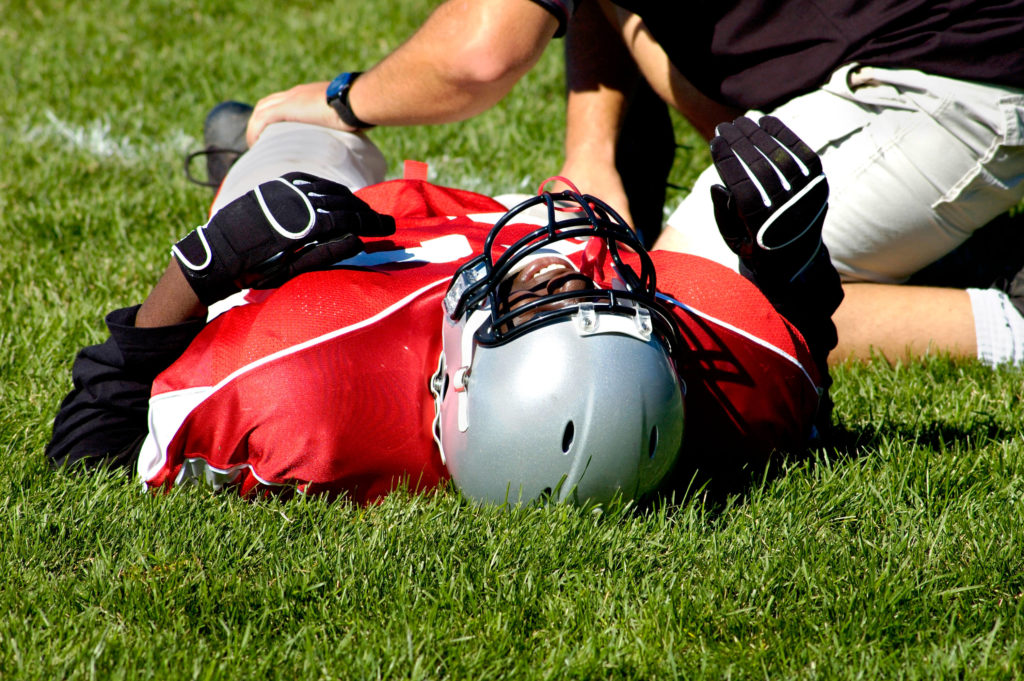Your Health, Objectively. Treating Everyone Right.
Last year there were over 400,000 ACL reconstructions performed, right on average in terms of the number of patients and increasing by the year. ACL injuries continue to be one of the most common injury seen by sports medicine professionals, orthopedic surgeons and physical therapists.
Females are substantially at a higher risk of injury to the ACL by a ratio of about 5:1. There are many different risk factors involved that predispose an athlete or individual to injury, particularly among those who play volleyball, soccer, basketball and football.
During this episode, Dr. Nathaniel R. Evans, MD and Amanda Milanak, DPT, Clinic Manager of CORA Socastee address those risk factors, including the anatomy of the ACL and the anterolateral ligament (ALL), a ligament in your knee that is becoming more common in the mainstream media and an increasingly popular topic of discussion within the medical community.
- Dr. Richard Lehman, Director of U.S. Center for Sports Medicine + CEO LehmanHealth
- Dr. Nathaniel R. Evans, MD, Orthopedic Surgeon, OrthoSC (South Carolina)
- Amanda Milanak, DPT, Clinic Manager, CORA Socastee (Socastee, SC)
How does an ACL injury occur and what does ACL reconstruction mean for the injured athlete? What are some of the different complications involved in surgery along with typical treatment protocols for recovery? How long is the recovery process?
The Lachman Test, the Dial Test and the Pivot Shift Test. The KT1000 or KT2000 Test. What does it all mean for you the patient? Those are all great questions that our experts answer. Tune in for Part 1 of our panel on ACL Injuries on In Your Corner with CORA.
How Long is Recovery? When Can You Expect to Regain Strength, Function and Return-to-Sport?
In Part 2 of our podcast panel on ACL Tears, our panel goes into detail on post-op rehab protocols and recovery including the timeline for patients to return to the playing field. The panel discusses the different graft procedures and choices available to patients and the circumstances or different factors that help guide their recommendations for patients.
Listen and learn more about the percentage of failures in ACL reconstructions. For example, does one graft have a lower re-rupture rate compared to another. You’ll leave this session with everything you need to know about stability, arthritis and subsequent injuries (meniscus, chondral) that are common following an ACL tear.
ACL Injuries with In Your Corner with CORA is loaded with expert advice and information for you – the patient! Our physical therapists and orthopedic experts offer tips and advice to help you prepare then optimize your mind and body during your recovery.
CORA is in your corner with experienced partners, larger networks, and the resources available to deliver exceptional care to you — and uniquely for you. Find pearls of wisdom that you can’t get anywhere else – for free at least!

